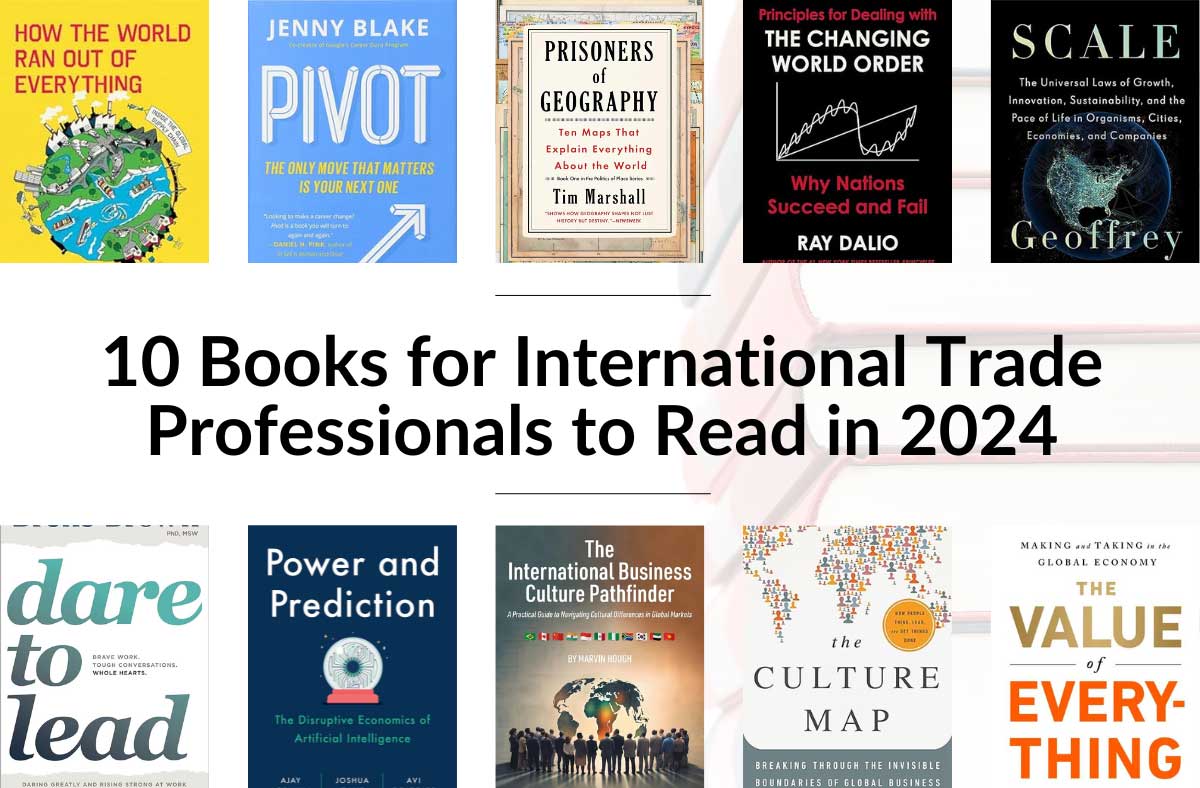 If you’re a small business with global interests, you may want to consider the emerging markets. While it’s true that there may be more risk involved than in established markets, it is also true that there may be greater opportunity awaiting.
If you’re a small business with global interests, you may want to consider the emerging markets. While it’s true that there may be more risk involved than in established markets, it is also true that there may be greater opportunity awaiting.
For example, you may find that somewhere within your existing customer base or through your online brand presence, you’ve already attracted interest from other countries, some of which are likely considered part of the emerging markets category. But have you ever really pursued these connections?
There is often an opportunity through a simple follow up with your existing connections to grow a rich dialogue that can lead to unique opportunities for conversation and collaboration.
So what, exactly, are emerging markets? As the name implies, these are countries where the economies are not yet front page news, but are slowly growing.
The multinational take on emerging markets
These markets are often seen as another form of competition, as global technologies and innovations enter the marketplace. Currently, typical examples of emerging markets include the BRIC countries – Brazil, Russia, India and China – already participating in global business at various levels.
In addition to products and services, these countries have emerging labor markets, something larger multi-nationals see as a resource to be tapped, along with an expanding middle class of new consumers, a customer base to be exploited.
How about changing that perspective? Big opportunities aren’t just for big businesses
But there is another way to look at the term “emerging market” and a different opportunity for the nimble small business owner. In my opinion, emerging markets defy easy explanation.
Rather, emerging markets, from the perspective of small or micro business, can be any foreign region with an untapped potential market segment.
For example, while the big cities in China regularly make headlines, there is a much larger segment of the population in rural China that has not had as much media attention – which one could consider a completely different “emerging market”. These “under the radar” segments of the population may very well house a viable labor market, able to support small business collaboration, and a unique opportunity to foster a new customer base.
This means that the potential for economic growth is just getting underway, and small businesses can create their own opportunity.
Your relationships are the key to emerging market success
Many emerging markets are occupied by small companies just beginning to expand their own entrepreneurial ventures and looking for meaningful ways to grow their business, identify new customers and connect with businesses from abroad.
This is where you come in. But why partner when your product or service is ready to compete?
The real question is: Why not?
Enter new markets by finding the right partners
First, in many smaller markets, customer loyalty to the understood local brand can be difficult to overcome. Finding a reputable retail outlet and distribution channels are another challenge in countries where the system may look quite different from what you are used to.
Why not look for more than just another potential customer base – why not look for unique ways to collaborate and create a business opportunity that can be mutually beneficial?
By aligning yourself with an existing or new business in another country, you can create a co-branded or cross-promotional opportunity that can get you customer recognition and more quickly establish credibility through the right associations.
Start with your existing contacts
One of the many examples of this technique being used successfully was promoting a family entertainment product abroad. With incoming interest from many countries, but a small staff, we followed up with the most promising and persistent inquiries; our contact in Trinidad being one great example.
When we looked into our contact in Trinidad, we discovered he not only owned a successful online store that was a perfect match for our product, but he was also interested in working with education – another arena our product had done well in. With his ability to meet directly with the Minister of Education, we were able to promote our product through Skype calls, emails and eventually, in-person visits. Our successful product launch overseas was as beneficial to our contact as it was to us and a lasting relationship was formed.
So, where to begin? You can start with the contacts you already have, via LinkedIn and other social media. Then assess like-minded individuals of similar interests and start a conversation.
There’s more than one way to grow your business – you may be surprised at how open small businesses in emerging markets are to hear from you, and you may just find a conversation turns into a unique collaboration.
Strong relationships will help outweigh the challenges
There are challenges to be weighed, without question – from political and legal environments, to banking institutions and credit-worthiness, identifying talent and maintaining quality control – but these need not be strict deterrents.
At the end of the day, any good global business venture starts with relationships and it is no different in emerging markets – in fact, one could argue, relationships are even more important in this realm.
A solid relationship with your emerging market contact can help you mitigate frustrations and give you an insider’s look at how business is done in their home country. With that in mind, allow yourself time. Relationships take time, as do the efforts of many entrepreneurial efforts.
If you are willing to invest in the time and effort, you may find it not only plays to your advantage, but it plays to the advantage of others as well.
Who are some of the contacts you have in emerging markets? How can you build those connections to discover potential partnership opportunities to break into emerging markets?








disqus comments